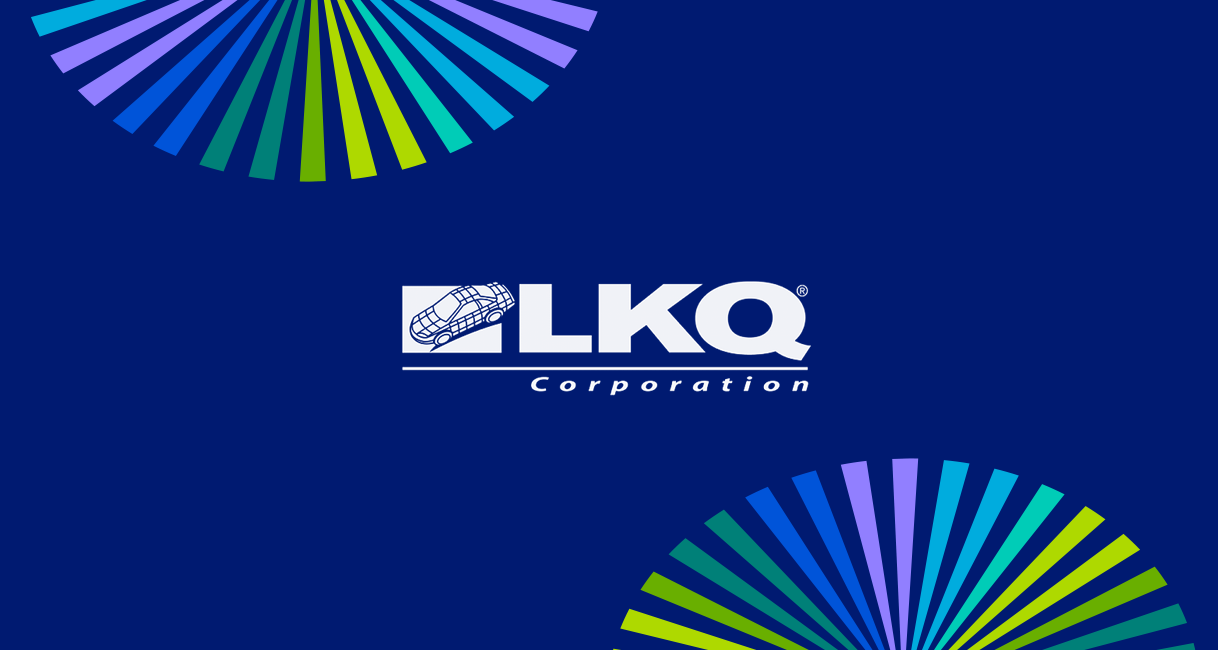Accurate Intercompany Invoices
Automate Intercompany Reconciliations
Improve Cash Flows

Streamline Intercompany Postings, Reconciliations and Settlements
The intercompany process can create complexity in a global organization resulting in challenges when posting transactions, reconciliations for the period close and settlement of transactions.
No Standardization of Intercompany Postings
An inefficient process results in errors with postings impacting the period close and incorrect tax postings. Automated controls improve the efficiency and effectiveness of the intercompany process across the organization and allow you to gain visibility and clarity into cross-company transactions.
Intercompany Mismatches
System and process complexity can result in misalignment of intercompany balances that need to be resolved in order to prepare accurate consolidated financial statements. Standardized workflows ensure that charges are pre-approved with automated postings to avoid any mismatches.
Infrequent Settlements Increase Risks
An inefficient process increases the chance of exchange gains and losses and impacts movement of cash across the organization. Leveraging automation decreases the risks, ensures compliance with your intercompany process, and improves cash flow visibility.
Intercompany Accounting Solutions for Every Industry
Our Comprehensive Solutions
All Financial Processes Covered
Bring accuracy, control and visibility to your account reconciliation and close processes. Our automated solutions work to solve any problem, no matter how complex.
The effectiveness of a company’s intercompany accounting process has an impact on its speed to close, the complexity of its accounting practices, and its exposure to regulatory risk; it can create an administrative burden for accounting staff for what is essentially an internal, non-value-creating process from the shareholder perspective. Getting it wrong can have serious financial implications.”
The Key Benefits of Intercompany Accounting
Consolidated Transactional Data / Automating Reconciliations
Intercompany accounting frequently requires data from multiple sources, and therefore, an intercompany solution can help integrate data from multiple sources. Extracting, transforming, and loading data with an automated solution enables your team to resolve exception items, drives automated controls, and ensures completeness of data that is important in the reconciliation process and sets the foundation for an effective settlement process.
Centralized Accounting for Enhanced Intercompany Reconciliations
Intercompany automation enables you to centralize this key process. An automated solution enables a center of excellence to be developed for Intercompany, ensuring that the reconciliations, exception handling, settlements, and clearing can be managed centrally. Driving process excellence is a key objective for shared service operations, and simplifying the process helps reduce costs and risks, whilst a faster settlement process helps improve cash flow and working capital.
A Faster Financial Close
Intercompany accounting solutions quickly reconcile accounts on a daily basis and, therefore, help teams to identify and close exception items prior to the month-end close. If yours is a large company, having cleaner data to work with will enable a faster close process. But that’s not all.
Role-Based Access
Intercompany accounting automation solutions enable you to control access to specific companies and transactions associated with them based on roles or work groups. Enable specific users to access multiple companies so that they can switch between relevant views without having to continuously log in and log out.
Centralized Access
Without constant communication and transparency, intercompany transactions can become muddled. Intercompany accounting automation facilitates an unprecedented level of communication between accounting offices at various companies.
No more endless email chains or phone calls, no more miscommunications. Everything relevant to intercompany accounting processes is accessible to all concerned parties through a cloud-based dashboard. Everyone in the responsibility chain will be able to see precisely which transactions have been cleared and which are still pending.
Increased Productivity for a More Productive Finance Team
It should go without saying that the most important result of greater efficiency is increased productivity. Among other things, this harkens back to what we were saying about being able to reduce the number of accountants on staff, or, in some cases, eliminate the need to hire an accountant at all.
Improved Data Accuracy
People make mistakes, that’s why pencils have erasers. Right? Right. People make mistakes, and with multiple companies involved, the odds of intercompany accounting errors increase several-fold. That is unless you put intercompany accounting automation to work for your business.
Of course, intercompany accounting is only as good as the data entered, which means the possibility of human error affecting the data cannot be completely ruled out. But for the most part, financial data should end up far more accurate and dependable for all subsidiary businesses.
Learn More About Streamlining Your Intercompany Accounting
Gain an unprecedented level of visibility and clarity into cross-company transactions




















